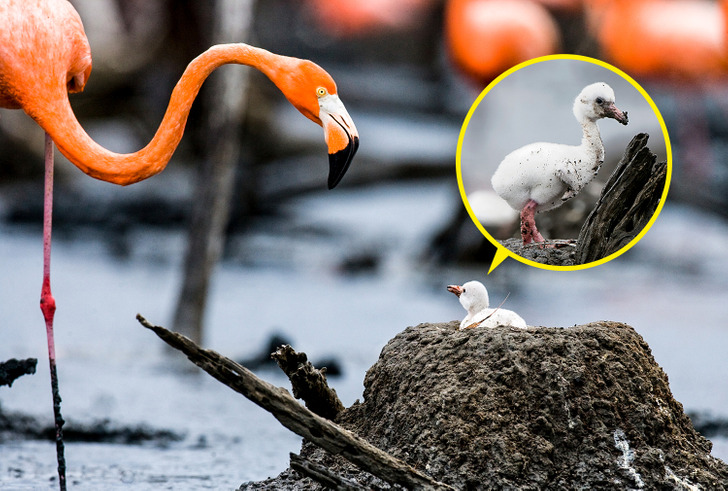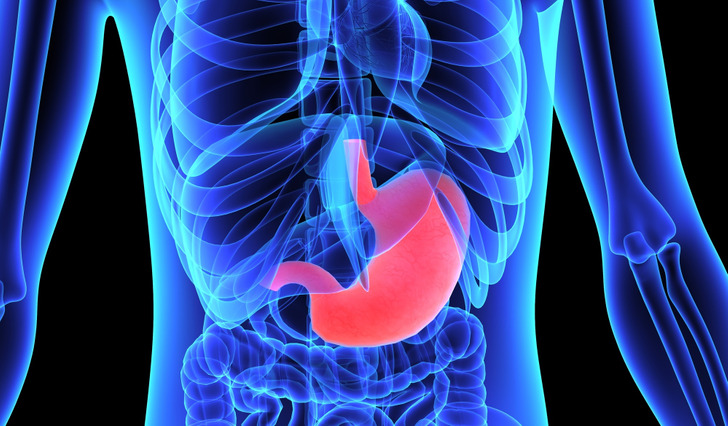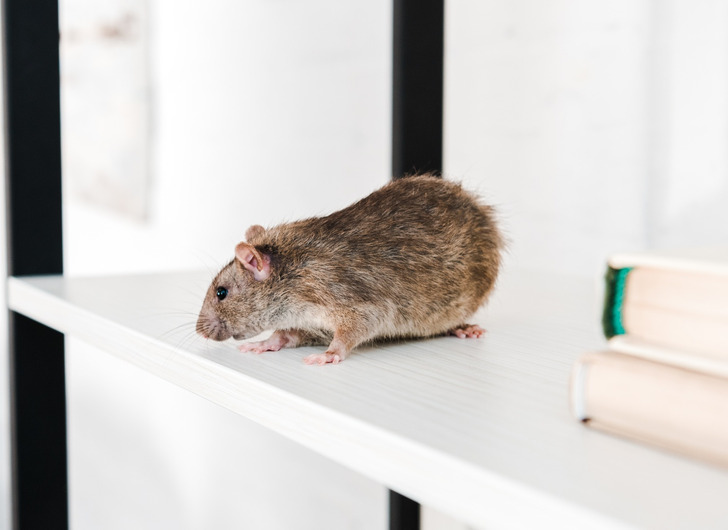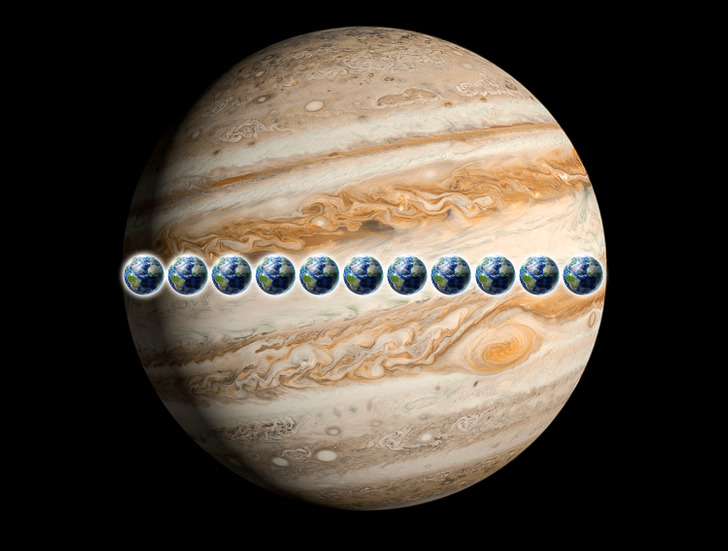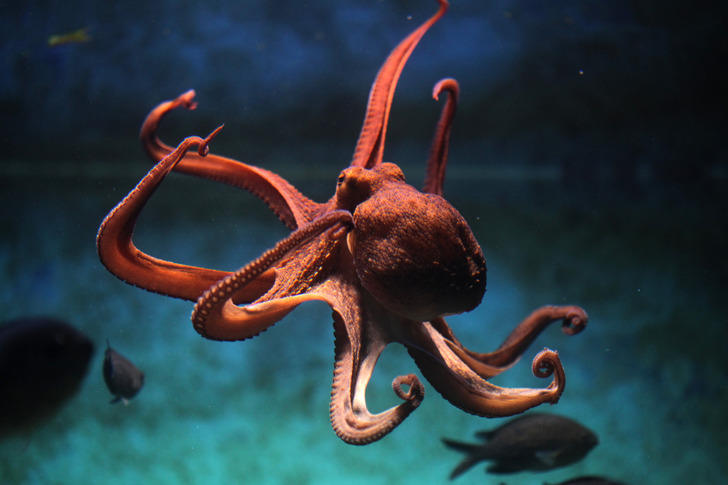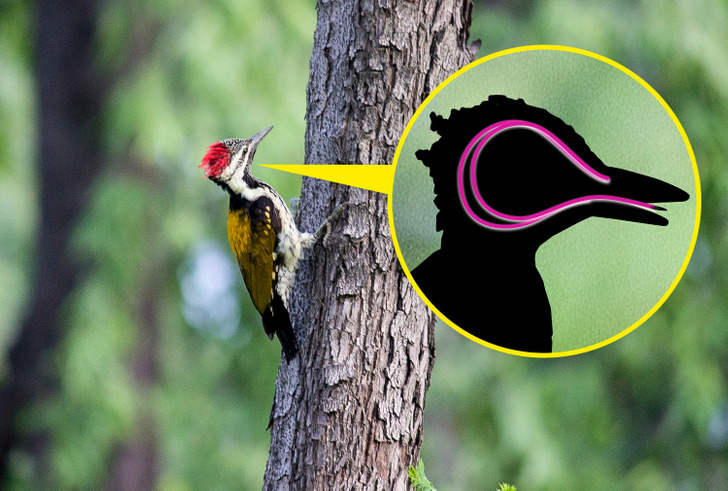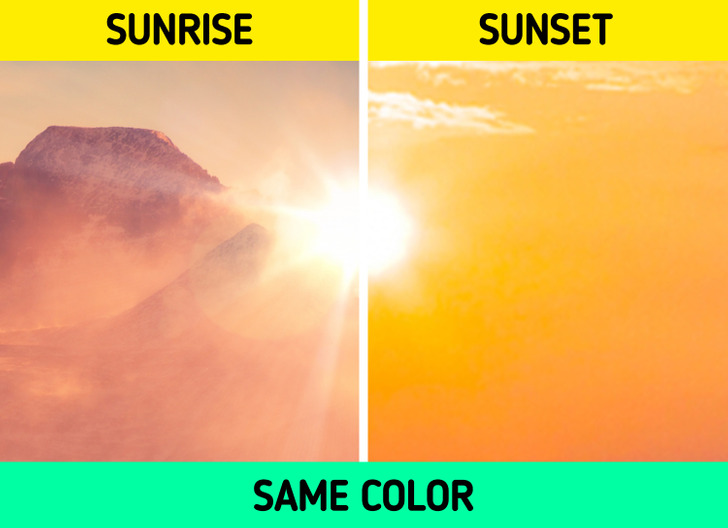10+ Strange Scientific Facts That Sound Too Crazy to Be True

Besides giving us the possibility of solving a wide variety of problems, science can also provide us with the knowledge to better understand many aspects of ourselves and our surroundings. Although some things may sound crazy, this information only proves how awesome nature can be.
5-Minute Crafts has created this article with 10+ interesting facts that may be incredibly surprising.
1. The ocean is responsible for at least half of the oxygen production on our planet.
Experts believe that between 50% and 80% of the oxygen on Earth comes from oceanic plankton, algae, drifting plants, and some photosynthetic bacteria. Prochlorococcus, which is the smallest organism on Earth that can photosynthesize, can produce up to 20% of the oxygen in Earth’s whole biosphere. This share is higher than all the oxygen that the tropical rainforests on our planet can produce together.
2. A cloud is heavier than we think.
It can weigh around 1.1 million pounds (551 tons). Although this means that they’re pretty heavy, clouds can float in the sky because the air below them is heavier. Since clouds are less dense, they can float on air, which is dryer and denser.
3. Baby flamingos don’t have colored feathers.
When they’re born, flamingos are a dull grey. The bright pink shade in their feathers is caused by beta-carotene, a red-orange compound that can be found in large amounts in the food they eat.
4. The acid in the human stomach is capable of dissolving razor blades.
A study found that a razor blade dissolves proportionally to the amount of time that it’s immersed in stomach acid, revealing how strong stomach acid is.
5. The number of bones you have as a baby is not the same as when you’re an adult.
6. Natural gas is odorless.
Gas companies use a harmless chemical known as mercaptan to give natural gas its distinctive strong smell, which helps people detect gas leaks.
7. Rats may laugh if you tickle them.
Researchers also found that this response depends on the rats’ mood. Only happy rats, just like people, will laugh, while stressed rats will not.
8. You can’t taste food without saliva.
The reason is very simple: the chemicals found in food must be dissolved in saliva so these can be detected by your taste buds.
9. Peanuts aren’t nuts.
They’re legumes, the same family in which we can find lentils and peas. However, the proteins within peanuts are similar to those in real nuts.
10. The diameter of Jupiter is around 11 times bigger than Earth.
For instance, if our planet were the same size as a nickel, Jupiter would be about the same size as a basketball.
11. Octopuses have blue blood and 3 hearts.
Hemocyanin, the molecule in charge of transporting oxygen in an octopus’s bloodstream, reflects the color blue because it doesn’t absorb the oxygen, which makes the blood look this color. At the same time, its 3 hearts are responsible for different things, which include circulating blood, picking up oxygen, and pumping it beyond the gills.
12. Eating too many carrots can turn your skin orange.
Carrots have high amounts of beta-carotene, a compound that can cause carotenemia. Excessive quantities of beta-carotene in your bloodstream hold onto parts of your body with thicker skin, such as the soles of the feet, knees, elbows, palms, and areas around the nose.
Fortunately, this condition is not dangerous and can be reversed by simply decreasing the amount of beta-carotene-filled foods in your diet.
13. Woodpeckers protect their brains with their tongues.
14. The Sun doesn’t change colors at sunrise or sunset.
The different shades you may see during these times of the day are relative to the position of the Sun and your location.


